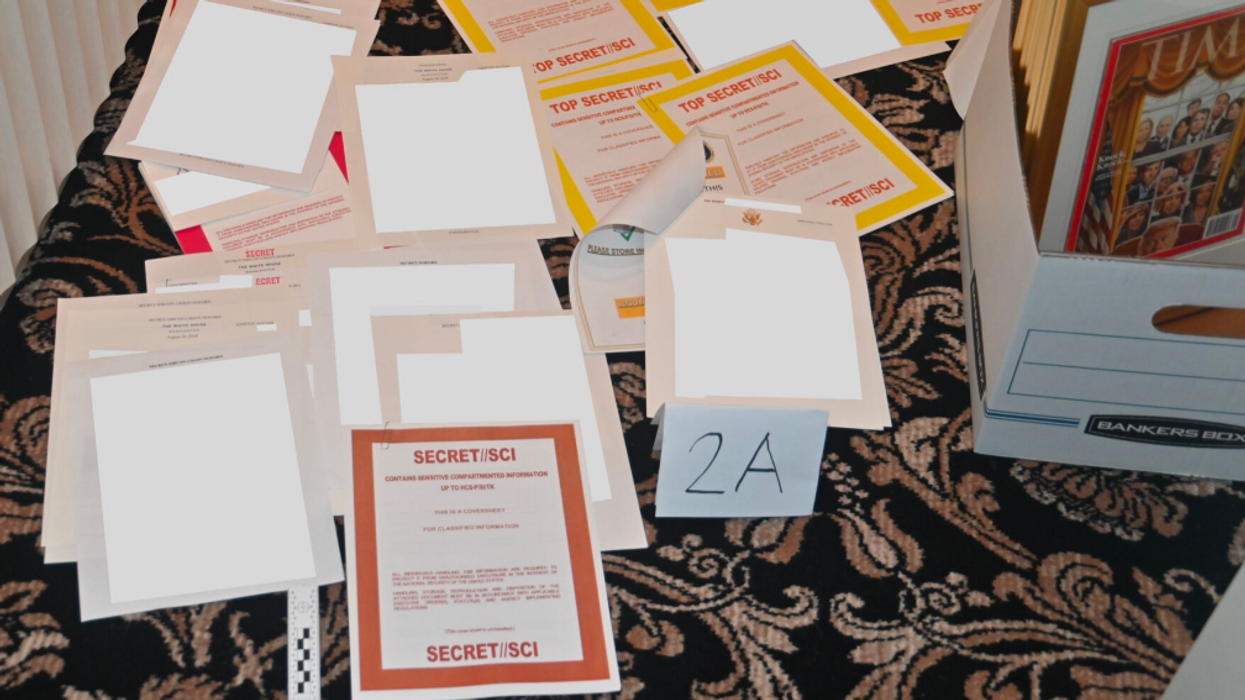By Julie K. Brown and Jay Weaver, The Miami Herald
CORAL GABLES, Fla. — A year to the day after 13 Major League Baseball players were suspended in the biggest doping scandal in baseball history, federal authorities on Tuesday charged a crew of seven with illegally providing them and others — including high school athletes — with steroids.
Among those charged was Anthony Bosch, 50, founder of the now-defunct Biogenesis anti-aging clinic in Coral Gables.
All seven were expected to have a first appearance in Miami federal court Tuesday afternoon before Magistrate Jonathan Goodman.
Bosch and his network are alleged to have provided performance-enhancing drugs to everyone from coaches to courtroom judges to some of the most high-profile superstars in baseball, including three-time American League Most Valuable Player Alex Rodriguez and former National League MVP Ryan Braun.
The charging documents do not identify the athletes by name, and none of them are accused of a crime. The Drug Enforcement Administration in South Florida and federal prosecutors, including Assistant U.S. Attorneys Michael “Pat” Sullivan and Sharad Motiani, went after the drug suppliers, not the users.
Bosch and one other defendant were allowed to surrender voluntarily while other members of the supply and distribution network were rounded up and arrested. The two who surrendered have been cooperating with authorities and are expected to plead guilty.
The biggest name among the major league steroid users is Rodriguez. Raised in Miami and selected No. 1 in baseball’s amateur draft, the New York Yankee third baseman was on a fast track to baseball’s Hall of Fame when he became mired in the steroid scandal, a melodrama played out on the front and back pages of the city’s tabloids.
He and 12 others were suspended on Aug. 5, 2013, following an investigation by MLB investigators — many of them former law enforcement officers who went to such great lengths to nail Rodriquez that they purchased evidence that police now say they knew was stolen.
Some of those investigators were subsequently fired by MLB.
Ultimately, MLB officials convinced Bosch to cooperate with them, and he turned over a cache of material, including emails exchanged with Rodriquez that confirmed he and other ballplayers were doping in violation of the players’ labor contract.
In exchange, MLB promised to drop Bosch from a lawsuit they had filed against him and others connected to the clinic. They also agreed to pay him and talk to federal prosecutors on his behalf.
While the other suspended players accepted their 50-game bans, Rodriquez fought his 211-game suspension — lengthier because he was a repeat offender — until the end. He and his high-profile legal team claimed that MLB’s “illegal and unethical” behavior — allegedly including intimidating and seducing witnesses and impersonating law officers — tainted their case.
Earlier this year, Rodriquez lost his arbitration battle and began serving his suspension.
Rodriquez, 39, was baseball’s highest paid player at the time of his suspension — the career home run leader among active players, with a contract paying him $275 million over 10 years.
Although Rodriquez previously admitted taking performance-enhancing drugs in 2001-2003 when he played for the Texas Rangers, he has steadfastly denied that he bought banned substances from Bosch.
The scandal broke in January 2013 when the Miami New Times published an expose that detailed how Bosch, through his unlicensed clinic, was secretly dealing steroids to ballplayers and other sports figures.
One of his employees, Porter Fischer, went to the newspaper with documents he had taken from the clinic, including client lists and the amounts they had paid for the drugs. Fischer, the clinic’s former marketing director, wanted to get back at Bosch for stiffing him on a $4,000 loan.
Fischer’s documents then became the focus of everyone’s attention as MLB, the ballplayers, and even some of the drug suppliers tried to get their hands on them. At one point, MLB offered Fischer as much as $125,000 for records, but he refused.
Shortly thereafter, as Fischer made plans to transport the files to the state Department of Health, which investigates unlicensed healthcare facilities, his vehicle was broken into and the records stolen from his trunk.
In July 2013, the Miami Herald published a report that Bosch had also been providing minors with steroid “concoctions.” Fischer, in an interview, claimed that 16- and 17-year-old high school players were getting injections at the Coral Gables clinic, a clear violation of the law.
Up until then, no one from law enforcement had interviewed Fischer about the clinic’s activities, even though the case had received widespread international coverage.
After the Herald story, the feds convened a grand jury and subpoenaed Fischer and the balance of his Biogenesis files.
By then, MLB already had its hands on copies of the documents, allegedly paying $100,000 to a convicted bank robber who had acquired them illegally.
Boca Raton police, who were investigating the theft, eventually arrested the man.
Photo via WikiCommons
Interested in sports news? Sign up for our daily email newsletter!



